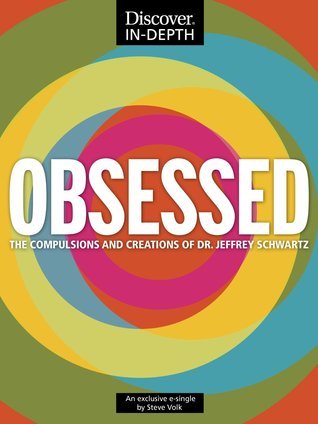
Opening Skinner's Box: Great Psychological Experiments of the Twentieth Century
Book Description
What if the mind is a maze of secrets just waiting to be unlocked? In "Opening Skinner's Box," Lauren Slater takes you on an electrifying journey through the most groundbreaking psychological experiments of the twentieth century. From the chilling depths of obedience to the staggering heights of creativity, each chapter peels back the layers of human behavior, revealing the raw, often unsettling truths beneath our everyday actions. With vivid storytelling and captivating insights, Slater intertwines personal narratives with scientific revelations, forcing readers to confront the dark and beautiful complexities of the human psyche. Are you ready to explore what truly drives us?
Quick Book Summary
"Opening Skinner’s Box" by Lauren Slater explores ten of the most pivotal psychological experiments of the twentieth century, unraveling how each contributed to our understanding of human behavior. With a narrative blend of scientific explanation and personal storytelling, Slater not only explains the methods and findings of famous studies—like B.F. Skinner’s work on behaviorism, Stanley Milgram’s obedience experiments, and Harry Harlow’s monkey studies—but also probes the personal backgrounds, motivations, and ethical quandaries faced by the researchers themselves. The book interrogates how these experiments challenged fundamental beliefs about free will, conformity, memory, love, and morality. At its core, "Opening Skinner’s Box" pushes readers to reconsider the limits of psychological inquiry, the consequences for participants, and the lasting impact on the way we see ourselves as individuals and social beings.
Summary of Key Ideas
Table of Contents
Understanding Human Behavior through Experimentation
Lauren Slater’s journey begins with B.F. Skinner and his radical approach to understanding human and animal behavior. Through Skinner's famous boxes and reinforcement schedules, Slater explores the compelling notion that behavior can be shaped—or even controlled—by systematic conditioning. This raises fundamental questions about free will: are we the architects of our choices, or simply responding to a matrix of stimuli and rewards? Skinner’s personal life and the myths surrounding his parenting style serve as a lens through which Slater examines the complexities of interpreting science and its impact on popular culture.
Ethical Dilemmas and the Cost of Scientific Inquiry
Moving beyond Skinner, the author details a series of other influential experiments that probe the depths of human obedience and conformity. Milgram's obedience studies, for example, demonstrate with chilling clarity how ordinary people can be compelled to harm others under the authority of an experimenter. Similarly, the Stanford Prison Experiment reveals the ease with which individuals can slip into roles of tyranny and submission. These studies not only shocked society but also triggered a reevaluation of the ethical boundaries within psychological research.
The Nature of Obedience and Authority
Slater delves into the world of memory, identity, and the elusive nature of truth. Through the lens of Elizabeth Loftus's work on the malleability of memory, readers are confronted with unsettling evidence that recollections can be implanted, distorted, or entirely fabricated. This revelation holds profound implications for the legal system, relationships, and our sense of self. The fallibility of memory challenges the very concept of objective reality and demonstrates that even the most personal experiences may not be as reliable as we believe.
Memory, Identity, and Reality
The book also tackles the profound psychological needs for connection and love. Harry Harlow’s controversial experiments with rhesus monkeys unveil how deeply attachment and affection are wired into our biology, challenging earlier beliefs that nourishment was the primary source of bonding. Further investigations into mental illness and therapy—such as Rosenhan’s sanity study—question the nature of mental health diagnosis, exposing the gray area between sanity and insanity. By embracing the intricate nuances of these experiments, Slater uncovers both the healing and the harm they have caused.
Love, Connection, and the Need for Attachment
In its final contemplation, "Opening Skinner’s Box" merges the intellectual with the personal. Slater’s narrative not only illuminates groundbreaking discoveries but also brings to light the sacrifices made by subjects and researchers alike. She confronts the reader with the ongoing ethical debates in psychological science, emphasizing the thin line between progress and exploitation. Through vivid storytelling and philosophical inquiry, the book leaves us pondering what truly drives human behavior—and whether the answers science provides make us more, or less, free.
Download This Summary
Get a free PDF of this summary instantly — no email required.





